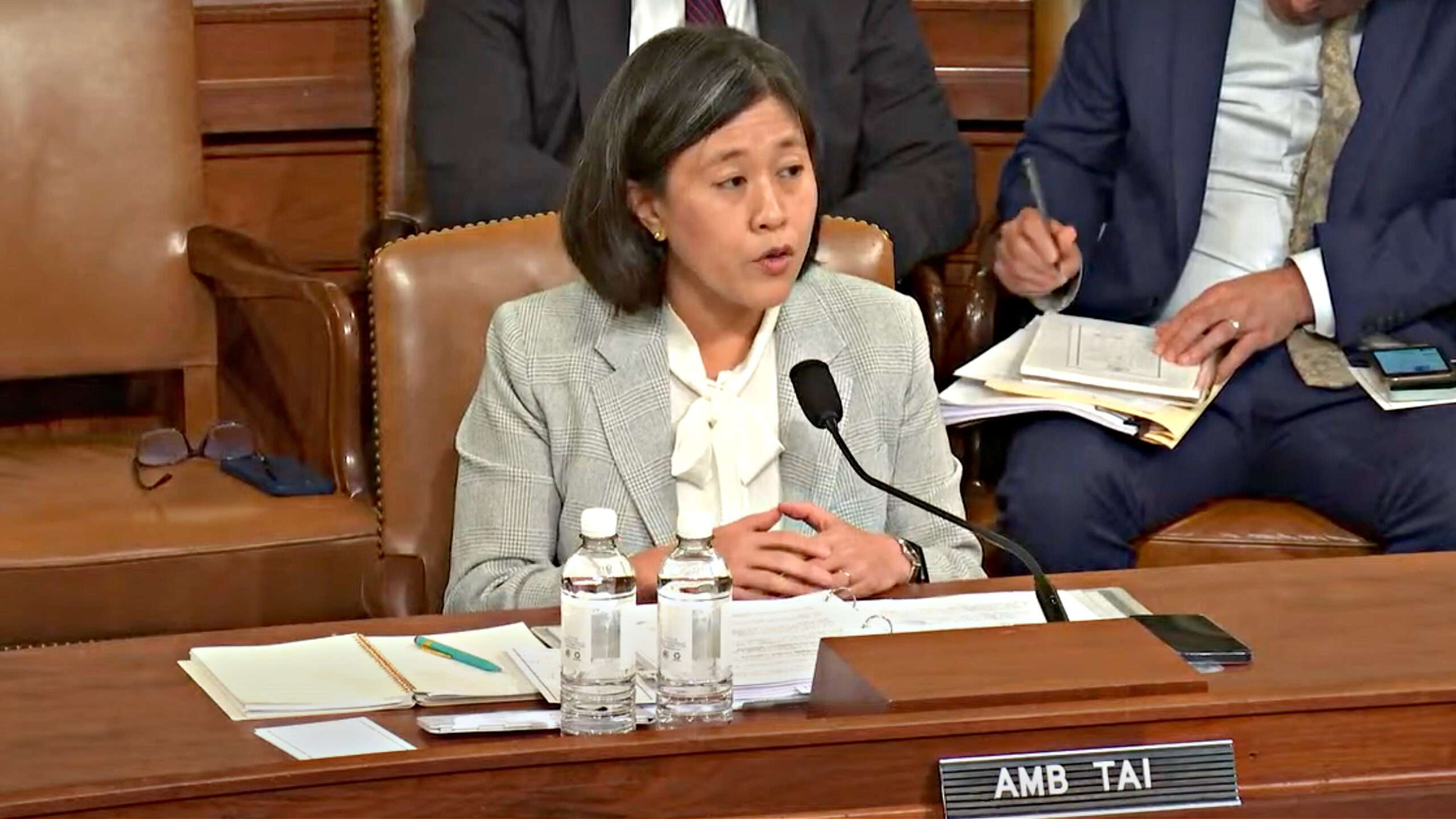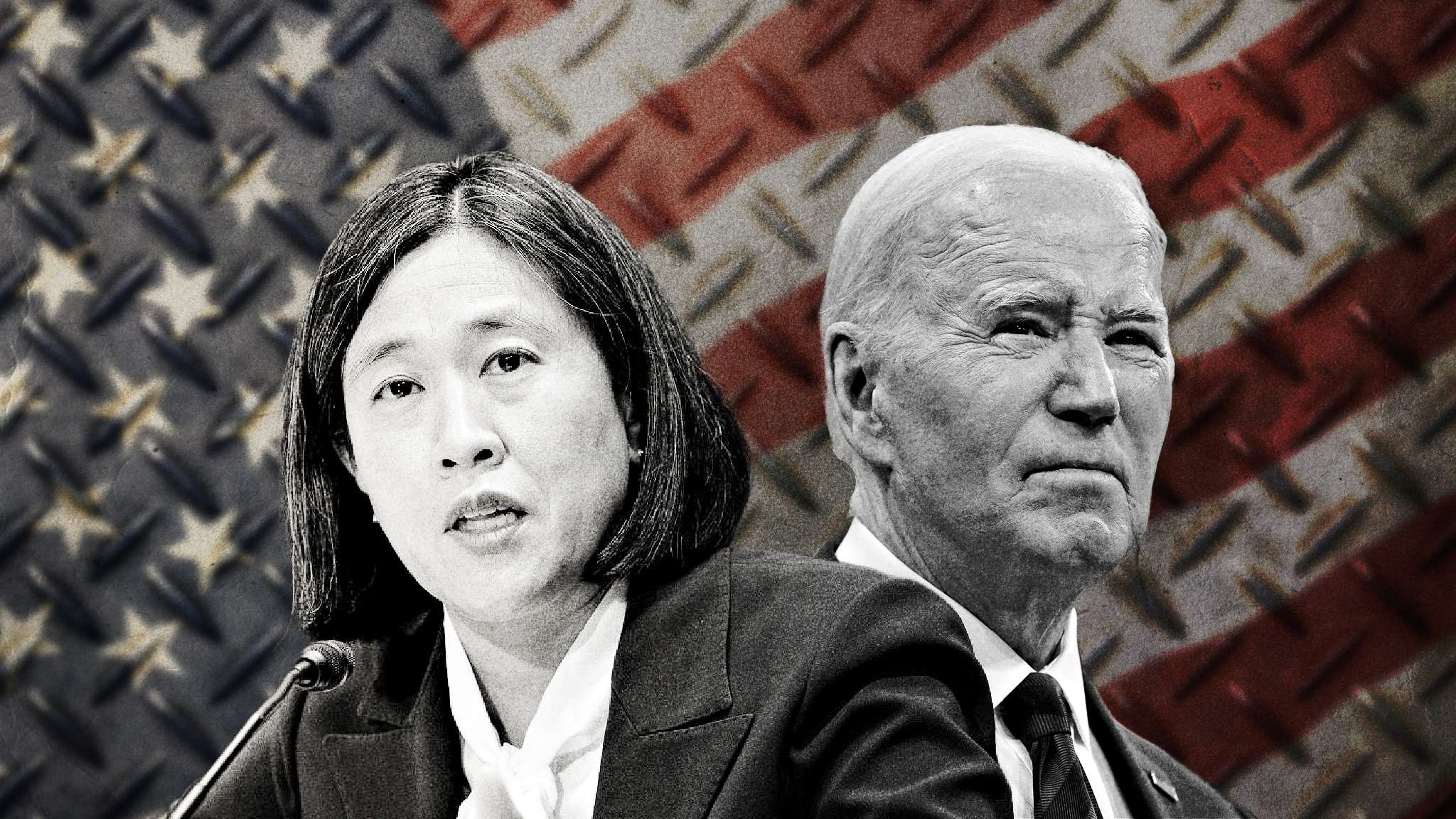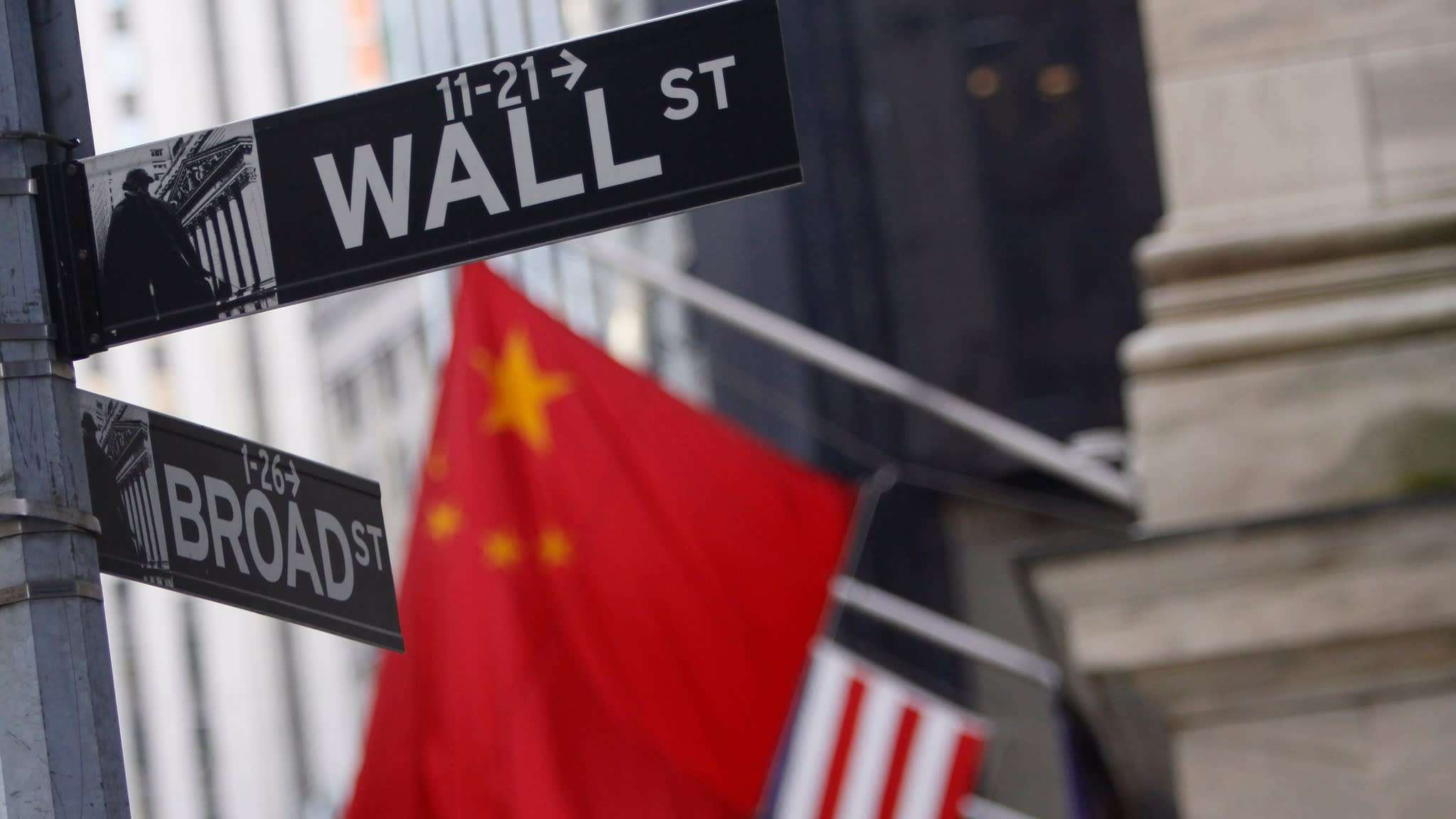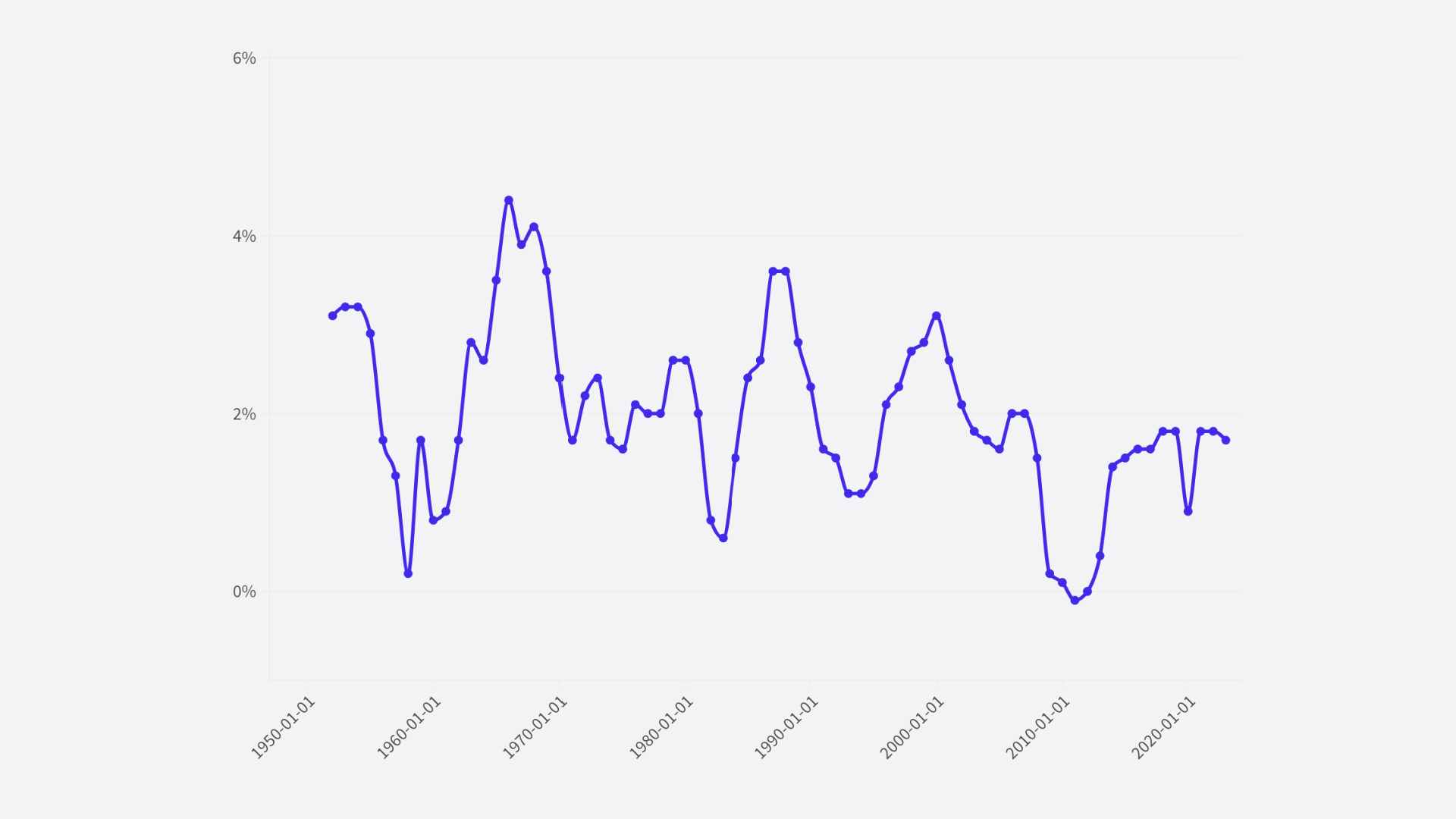
HONG KONG — In South Korea, it’s all in the family. South Korean officials on Friday arrested Lee Jae-yong, the vice chairman of Samsung and the scion of an immensely wealthy and powerful family. Mr. Lee — known as Jay Y. Lee in the West — was accused of paying bribes to a confidante of South Korea’s embattled president. Samsung has defended Mr. Lee, and it said on Friday that it would work to ensure “that the truth is revealed.”
[Carlos Tejada| February 17, 2017 |NY Times]
Mr. Lee has been widely considered Samsung’s de facto leader since his father, Lee Kun-hee, Samsung’s 75-year-old chairman, had a heart attack in 2014. That put the younger Mr. Lee at the helm of a sprawling business empire that encompasses gadgets, appliances, engineering, construction, shipbuilding, insurance and credit cards. Samsung Electronics — the maker of televisions and smartphones used around the world, including the doomed Galaxy Note 7 smartphone — by itself accounts for one-fifth of South Korea’s exports.
Samsung is only one of a handful of family-controlled companies, called chaebol, that dominate economic life in South Korea. Some, like Hyundai, LG and Samsung, are well known outside their home country. But domestically, they all wield immense power — and are coming under increasing scrutiny.
What are chaebol?
The word comes from the combination of the characters for “rich” and “clan.” It applies to large groups of interconnected companies that are usually dominated by a wealthy family. South Korea has several, but the best known outside the country are Hyundai, LG and Samsung. Others include Hanjin, Kumho, Lotte and SK Group.
Chaebol are generally conglomerates of affiliated companies. LG, for example, makes smartphones, televisions, electronic components, chemicals and fertilizer. It also owns Korean baseball and basketball teams. Hyundai, which makes the Hyundai and Kia cars that are popular in the United States and other countries, also makes elevators, provides logistics services, and runs hotels and department stores.
How did chaebol come to power?
They rose from the ashes of the Korean War. After the conflict ended, officials steered relief funds and cheap loans to businessmen who promised to rebuild the country. The government also protected homegrown industries from foreign competition to help them develop. The recipe proved to be potent: Chaebol played a major role in South Korea’s rise as an industrial giant in the following decades.
But the recipe also created imbalances, a number of economists have argued. Money meant for the common people often ended up in the hands of the wealthy families, creating resentment that lingers to this day. And government protection and crackdowns on the labor movement allowed these families to expand their business empires into new areas with little to fear from potential foreign competition or costly failures.
As a result, chaebol became sprawling businesses that held a nearly two-thirds market share in South Korean manufacturing by the end of the 1990s, according to the World Trade Organization. But there is a deep-seated belief among many South Koreans that their immense wealth was accumulated at the expense of the public. To those people, recurring chaebol scandals are particularly galling.
How did they get political power?
South Korea’s recipe for growth also fostered tight ties between the government and businesses.
Take the example of Park Chung-hee, a general and the father of the current president, who took power in South Korea after a 1961 coup. He led an effort to rev up the South Korean economy — and he used many of the companies that became chaebol to do it. His government steered money to companies that chased his economic goals, such as emphasizing exports.
The dynamic shifted somewhat as South Korea transitioned to a democracy in the 1980s. By then, the chaebol had become so economically powerful that they held considerable political sway. Politicians began to rely on the companies’ political and financial support to get elected.
Are chaebol under threat?
They are. But time will tell whether it will result in change.
Public support of chaebol has gradually waned. The Asian financial crisis of the late 1990s stirred worries that the cozy relationship between chaebol member companies could lead to severe damage across multiple businesses if one failed. As the economy has matured and created a nation of consumers, an increasing number of South Koreans worry about the political power and corruption of the chaebol, with many now saying white-collar crime is a major issue.
Despite those concerns, chaebol executives are widely believed to be treated with kid gloves. The elder Mr. Lee, Samsung’s chairman, has been pardoned twice after being convicted of white-collar crimes, with the potential impact to South Korea’s economy given as the reason.













